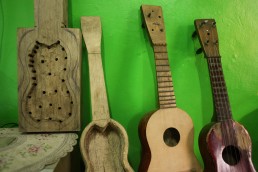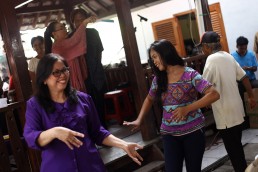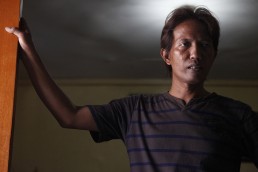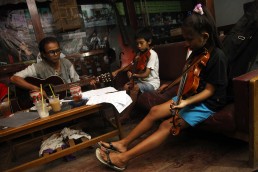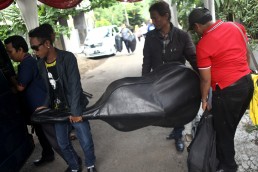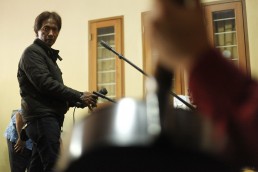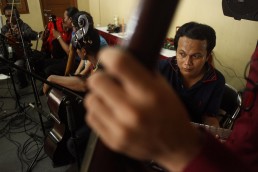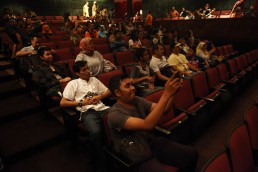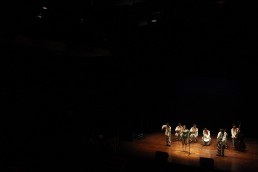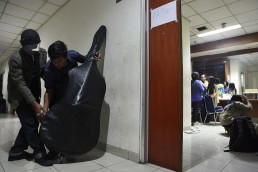Keeping Keroncong Tugu Melodious
KEEPING KERONCONG TUGU MELODIOUS
Grandyos Zafna Manase Mesah, Detik.com
In 1641, VOC Governor General Jan Pieterszoon Coen succesfully conquered the city of Jayakarta and renamed it Batavia. At the same year, VOC troops took over Portuguese control over Malacca.
After the succesful take over, VOC troops transfered Portuguese prisoners of war to Batavia. VOC treated them as slaves and banned them to practice Chatholic rituals.
VOC offered them freedom only with a condition of their conversion to Protestantnism. The portuguese accepted the offer and attended Reform Churches. They then were labelled as the merdequas or mardijkers, which means the freed people.
In 1661, after the conversion of the mardijkers to Protestantnism, VOC provided a plot of land to 23 mardijkers outside Batavia. This land was latter known as Kampung Tugu.
Living in an isolated land forced them to hunt for wild boars and practice cultivation to make ends meet. The mardijkers who became farmers found their way to fill their leisure time by creating musical instruments and played them. In 1771, they invented a musical instrument called macina. This gave birth to Keroncong music.
Time went by and in 1925 The Quickos, led by Josef and Bernard Quicko, founded a Keroncong troupe named Kerontjong Moeresco Tugu. This first generation of Kerontjong Moeresco group survived up to 1935. Later on, Kerontjong Moeresco was led by Guido Quicko, the fifth generation of Quicko family, who then changed its name into Keroncong Cafrinho.
The name changing was unavoidable due to differences among Kerontjong Moeresco’s members. Despite the new name, Guido Quicko (Ido) preserves the basic musical rules or termed pakem and traditions invented by his predecessors, such as the traditions to wear batik decorated white Koko (long sleeves) shirts, batik long pants, shawls, and cabby hats for all seven members of the musical group.
Guido wishes to keep alive the keroncong music, which was invented by his ancestors. He does this by providing a free musical class at home every Tuesday and Friday. Guido sees it as a way to pass Keroncong Cafrinho down from a generation to another.

